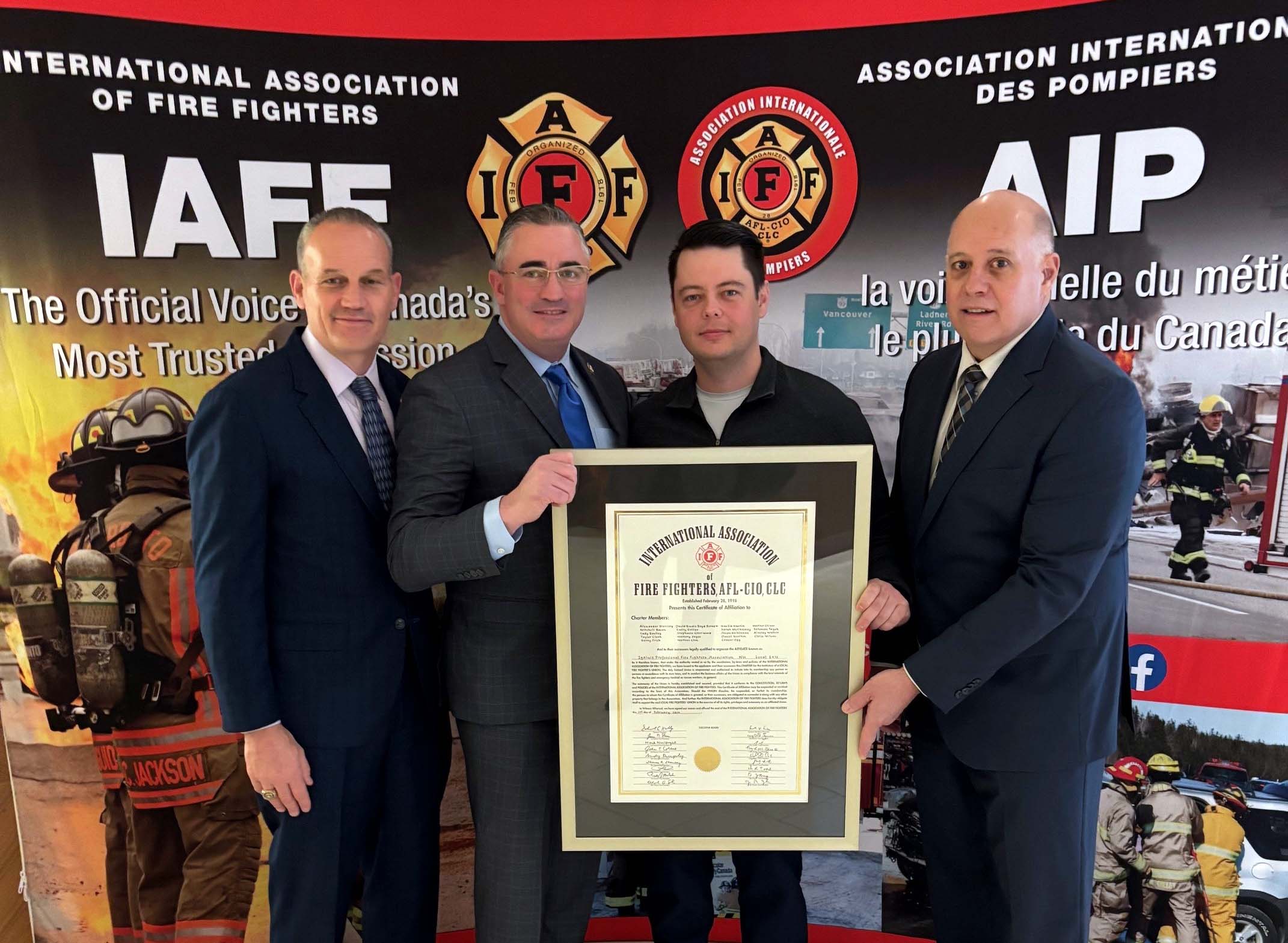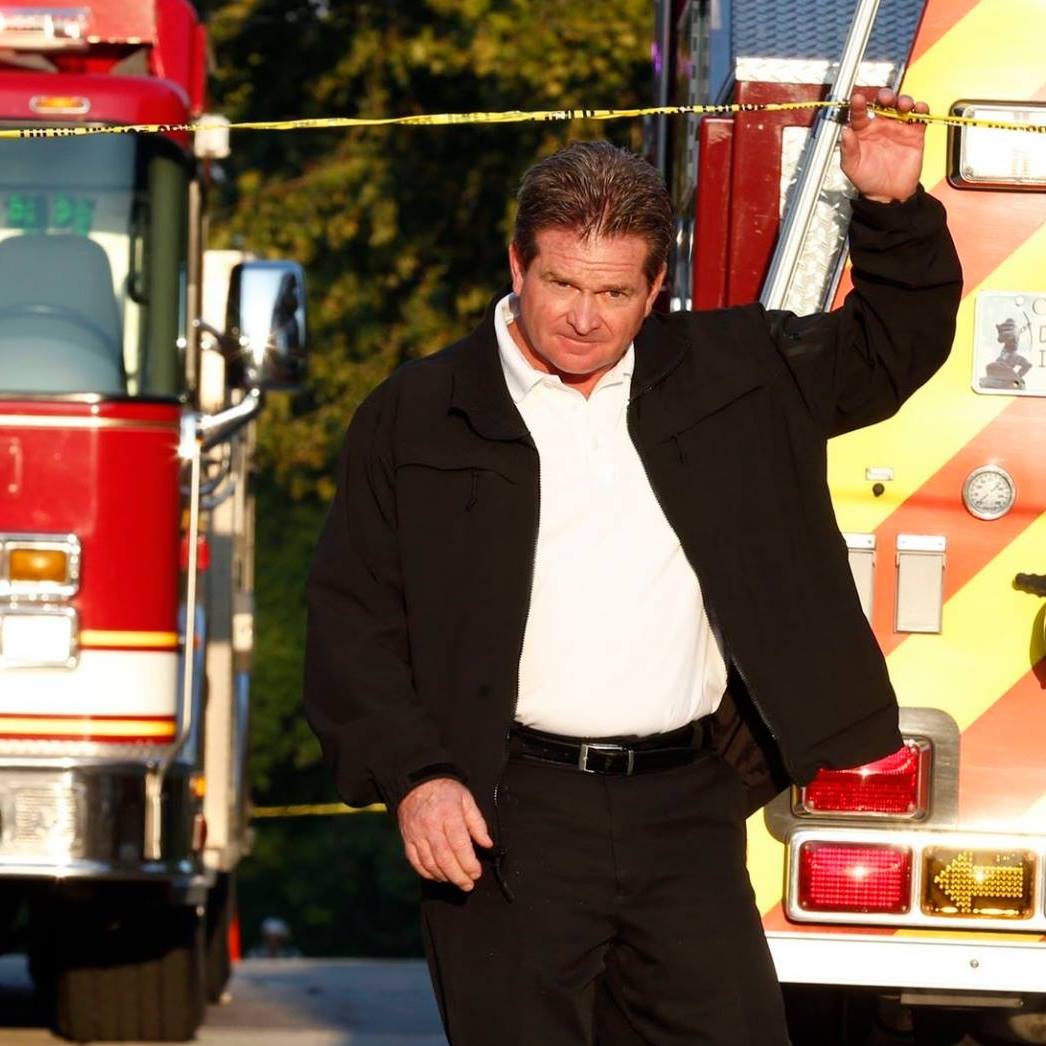Efforts by the Colorado Professional Fire Fighters (CPFF) to lobby and collaborate with a special task force have paid off. The Colorado General Assembly has passed and the governor has signed legislation to help ensure the fiscal health of the fire and police disability and retirement plans.
“I want to congratulate the CPFF and President Michael Frainier and his legislative team for their tireless efforts in getting this important legislation passed,” says 9th District Vice President Ray Rahne. “Because of their hard work, the pension and the death and disability plans will continue to be able to pay out benefits when our members need them.”
“We are grateful that Governor Jared Polis and our friends in the House and Senate stood by us on these important issues,” says CPFF President Michael Frainier. “It took 20 months of hard work, but the peace of mind that it will give our members as they near retirement was worth it.”
In 1998, the state decided it no longer wanted to manage the death/disability plan, and the Fire and Police Pension Association (FPPA) took over. At the time, the state transferred a lump sum. After the downturns of 2001 and 2008, the 1998 assumed liabilities of the Death & Disability plan were shown to be inaccurate, and the plan required additional funding of about $58 million.
When the state was notified, officials said that there was not enough money in the budget to make up for the shortfall. A secondary issue was that the current retirement rules has many fire fighters and first responders working more years than they should. As a result, many were getting injured and opting out early on disability. The death and disability fund was paying out more money than it was initially designed to do.
In 2014, the pension plan members voted for an increase in employee contributions to the pension to strengthen the plan and increase the likelihood of meaningful cost-of-living adjustments (COLAs).
But that fix was short-lived because actuarial studies since that time have recommended that FPPA reduce the assumed rate of return from 7.5 percent to 7 percent and the FPPA board complied. The change essentially erased all the progress made by the increase in employee contributions.
The FPPA warned that if another solution wasn’t found to return the pension back to 100 percent funded liability, the money paid out to beneficiaries would not include COLAs.
A task force, including representatives from the CPFF, Colorado police and local governments, formed to discuss how to solve these issues. After several meetings, the task force put forth a series of recommendations that eventually made it into the language for House Bill 20-1044.
The final bill called for an increase in employer contributions to the pension plan at a rate of .5 percent per year until it reaches a total of 13 percent (currently 8 percent) and to the death and disability plan at a rate of .2 percent per year.
Additionally, the bill calls for the rule of 80, which adjusts the retirement with full benefits rules to the employee’s age plus years of service (to equal 80). This relaxes the current rules so that fire fighters and police officers have less pressure to work past the age that they should.
The legislation passed both chambers of the Colorado General Assembly. Just as it arrived on Governor Jared Polis’ desk, COVID-19 virus cases started appearing in Colorado.
However, Governor Polis never forgot the promise he made to the CPFF when it endorsed him for governor two years ago. Polis’ campaign promise to the fire fighters was that he would always have their back on important issues, including pension and death and disability benefits.
As he was fighting to find proper protective equipment for the state’s essential workers, Governor Polis did not let the bill sit on his desk. He made good on his campaign promise and signed the bill into law.



